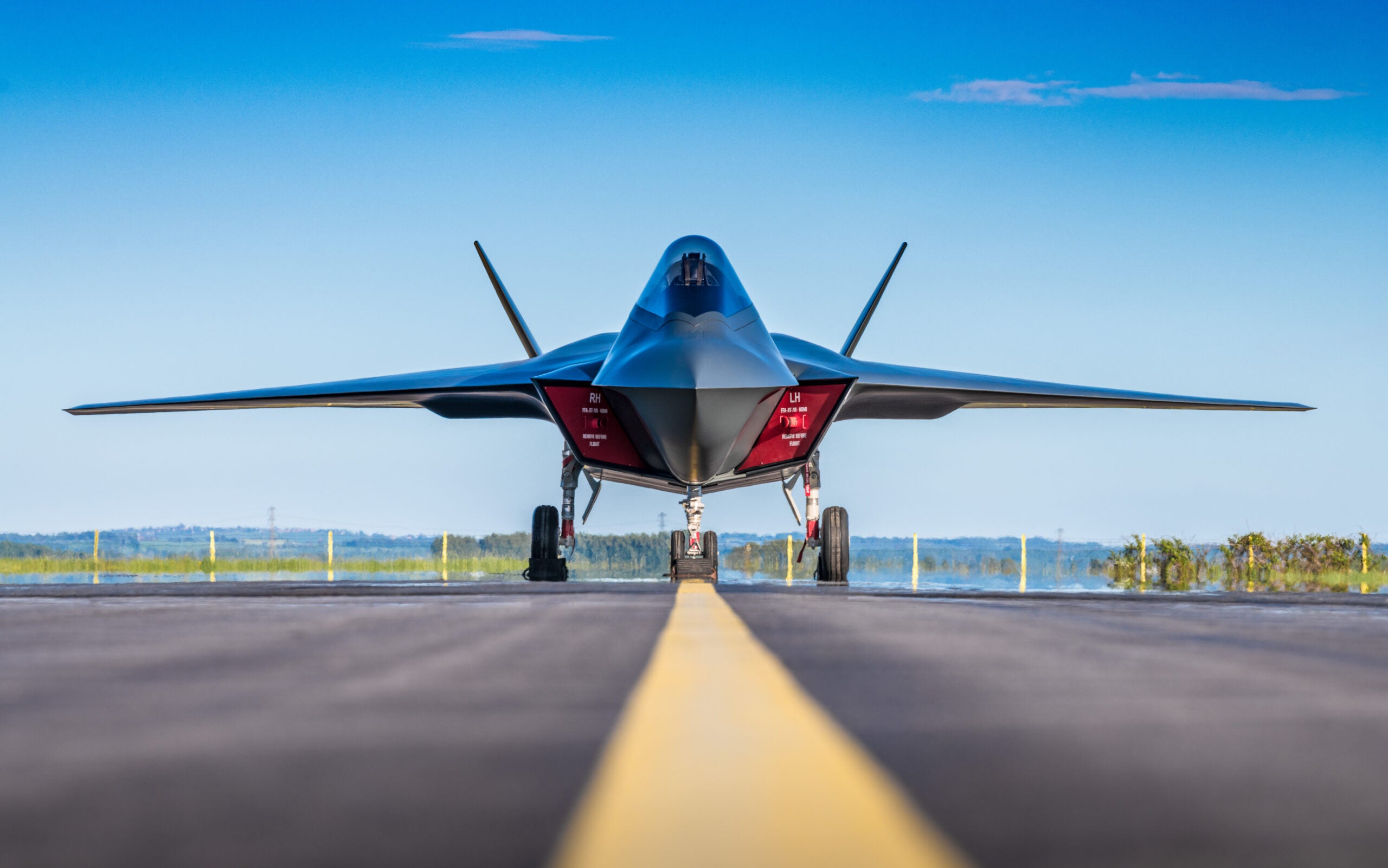
BAE Systems has selected Wind River to support the technology demonstration work under the UK Royal Air Force’s (RAF) Tempest future combat air system programme.
The programme is a UK Ministry of Defence’s (MoD) initiative and supported by a team of industry partners and the UK Royal Air Force’s Rapid Capabilities Office (RCO).
Also known as Team Tempest, the team includes industry partners such as BAE Systems, Leonardo UK, Rolls Royce and MBDA UK.
The initiative aims to combine advanced technical capabilities such as artificial intelligence (AI) to create opportunities, including the ability to use uncrewed aircraft and swarming technology for controlling drones.
Currently under the assessment phase, the programme is expected to achieve initial operating capability (IOC) by 2035.
As part of the technology demonstration work, BAE Systems will be using Wind River Studio’s VxWorks 653 platform and DO-178C DAL B safety certification evidence packages.
Wind River Studio will also provide the AdaCore GNAT Pro Assurance software for the programme.
Wind River chief product officer Avijit Sinha said: “The selection of our industry-leading technology demonstrates continuing Wind River leadership in safety-critical real-time software solutions for avionics.”
VxWorks 653 is an integrated modular avionics (IMA) platform, which combines the workload of less-critical and safety-critical applications using a common computing platform.
It is a cost-effective solution for technology suppliers in order to meet the stringent safety certification requirements, including EN 50128, IEC 61508, ISO 26262, DO-178C, and ED-12C.



